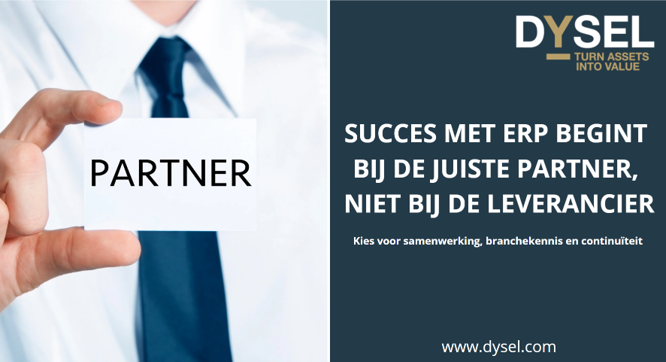ERP software can make or break your business. It ensures a grip on processes, better decisions and higher efficiency. But at least as important as the software itself, is the party implementing and supporting the system: your ERP partner. This party is indispensable for:
- maximizing the use of ERP capabilities
- optimizing business processes in the short and long term
- Ensuring the quality and future-proofing of your IT environment
Many companies make the mistake of choosing an ERP vendor instead of an ERP partner. The difference seems small, but it has a huge impact.

1. Collaboration rather than delivery
A vendor provides the software, often as a standard package. After that, you are on your own. An ERP partner, on the other hand, will work with you. Together, you determine which modules are needed, how the system will be set up and how the processes will be supported. Your ERP partner knows your industry, speaks your language and is your sparring partner from day one. This leads to solutions that fit better and can grow with your organization over the long term.
2. Knowledge of your industry
Vendors build the software based on their own ideas and then market it. But a partner also listens to you and to other customers and incorporates this knowledge into the software. After all, it is the end users who experience the software in practice and are the first to discover new needs. Needs that arise from changes within the industry in which they operate, for example. If the software partner assesses that the requested functionality adds value for its customers, it will be developed in the standard and all customers will benefit from the new features.
3. Thinking along and developing
Whereas a vendor is often limited to delivering existing software, an ERP partner continuously looks ahead. How can processes be smarter, how can new technologies (such as AI, IoT or BI) be integrated, and how can future needs be met? That proactive attitude ensures that your ERP system evolves along with your ambitions.
4. User experience counts
A true partner listens to customers. Not only during implementation, but also afterwards. Feedback from practice is taken seriously and included in further development. This results in improvements that not only help you, but also other users. Together you build better software.
5. Flexibility and customization (without being called that).
While you'd rather avoid customization because of complexity and cost, an ERP partner often offers smart alternatives. Think modular extensions or using the Microsoft Power Platform to meet specific needs - without burdening the system. This keeps you flexible without compromising stability or maintainability.
6. Continuity and commitment
A vendor often disappears from the picture after delivery. An ERP partner stays involved. Not only when something is broken, but also when something can be improved. With fixed contacts, periodic evaluations and attention to optimization, a partner guarantees the continuity of your processes.
7. Joint success
An ERP partner is not satisfied until you are. Their success depends on yours. Those shared interests ensure a lasting relationship and a much higher chance of a successful ERP implementation.
Dysel: your ERP partner for equipment management
Do you really want to get the most out of your ERP investment? Then don't choose just any software package, but a reliable ERP partner. Dysel helps companies in equipment rental, service and sales improve processes with smart, industry-focused software. Our solution, the Equipment Life Cycle (ELC)., is built on Microsoft Dynamics 365 Business Central. ELC supports service processes simply, efficiently and fully integrated. And we stay involved - from implementation to optimization.
Wondering what a true ERP partner can do for your organization?
Plan a demo with Dysel and discover the benefits of working together.


